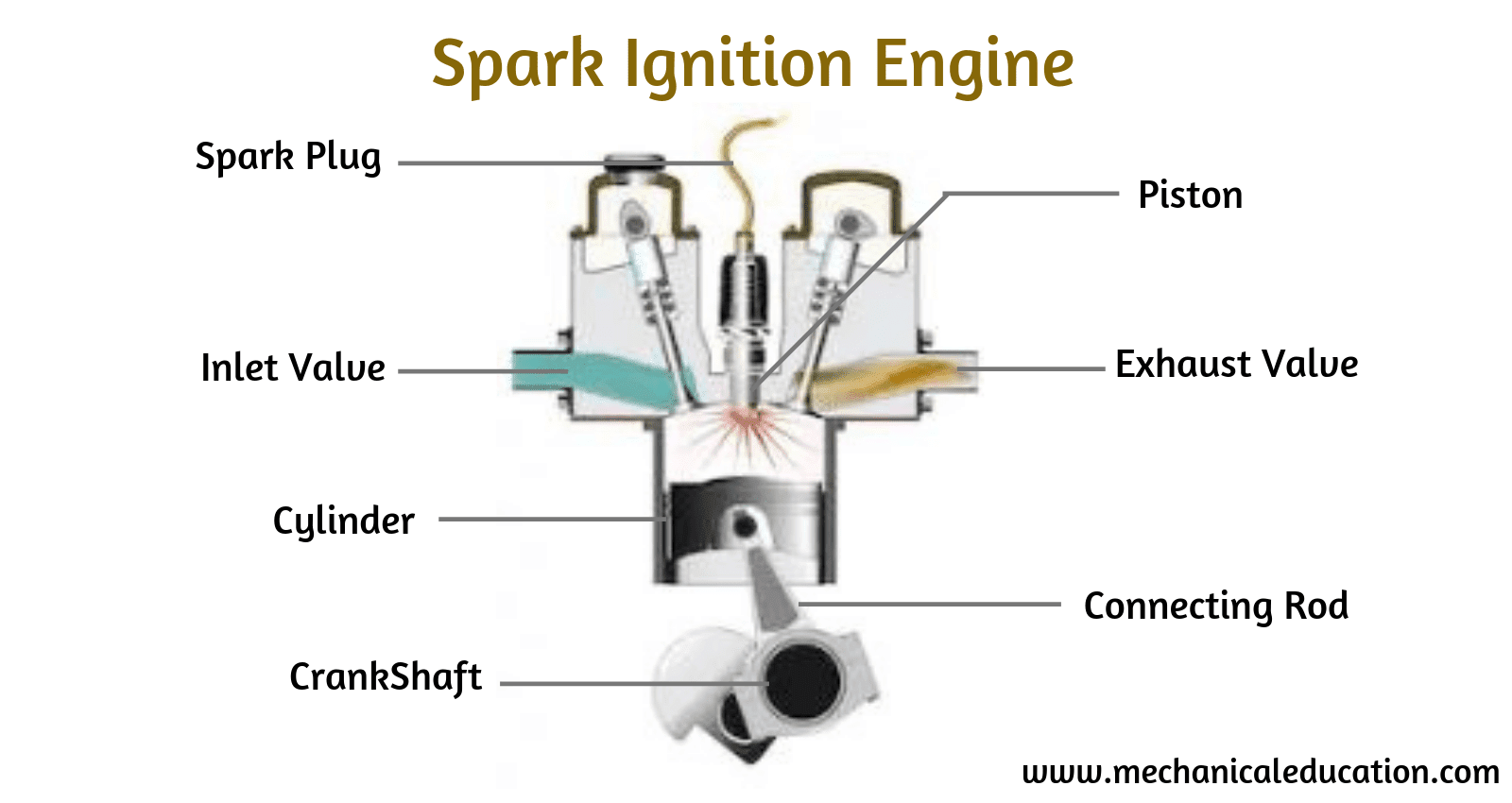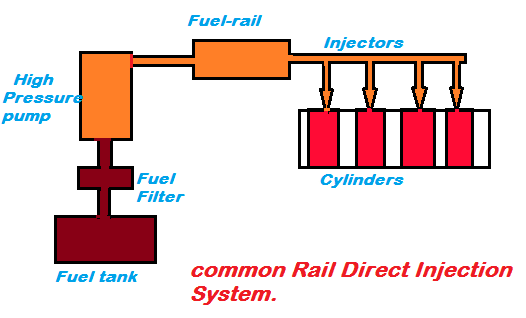Testing the AC compressor in your car typically requires specialized equipment and should be performed by a professional mechanic. However, there are a few signs that can indicate a problem with the compressor:
- Strange noises: If you hear unusual noises, such as grinding or rattling, coming from your car’s AC system, this could indicate a problem with the compressor.
- Hot air: If the air coming from the vents is not cold, or if it takes a long time to cool down, this could be a sign that the compressor is not functioning properly.
- Electrical issues: If the compressor is not receiving power or is not engaging properly, this could indicate an electrical issue with the compressor or another component in the AC system.
If you notice any of these signs, it’s a good idea to have your AC system checked by a professional mechanic. They will be able to use specialized equipment to test the compressor and identify any other issues that may be affecting your AC system’s performance.
Frequently Asked Questions
1.How can I tell if my car’s AC compressor is working properly?
Start the car and turn on the AC. Listen for a clicking sound as the compressor engages, and observe whether the air becomes cooler.
2.Are there specific noises that indicate a problem with the AC compressor?
Unusual noises such as squealing, grinding, or rattling may indicate issues with the AC compressor and should be inspected by a professional.
3.Can I visually inspect the AC compressor to determine if it’s functioning correctly?
While a visual inspection can reveal obvious issues, a comprehensive assessment requires specialized tools and knowledge, typically performed by a professional mechanic.
4.What should I do if the air from the AC vents is not as cold as it used to be?
This could be a sign of a compressor issue. Have a professional inspect the system to determine the cause, which may include problems with the compressor.
5.Can a DIY enthusiast perform a basic test on the AC compressor at home?
Basic tests, like checking for engagement sounds and observing temperature changes, can be done. However, for a thorough diagnosis, professional tools are necessary.
6.Are there specific gauges or tools required to test the functionality of the AC compressor?
Yes, professionals use pressure gauges to assess refrigerant levels and specialized tools to check electrical components for a comprehensive evaluation.
7.How often should I test my car’s AC compressor for potential issues?
Regular AC system maintenance, typically every 12-18 months, includes a thorough inspection of the compressor and its components for early detection of potential problems.
8.Can a faulty AC compressor lead to other issues within the car’s cooling system?
Yes, a malfunctioning compressor can strain other components, affecting the overall performance of the AC system. Early detection and repair can prevent further damage.
9.What are the steps involved in a professional AC compressor test?
A professional test includes checking for engagement, assessing refrigerant levels, inspecting electrical components, and evaluating the overall performance of the AC system.
10.Is it necessary to replace the entire AC compressor if a problem is detected, or can specific components be repaired or replaced?
Depending on the issue, it may be possible to repair specific components of the AC compressor. However, in some cases, a complete replacement may be more cost-effective and practical. Professional advice is crucial in making this determination.




